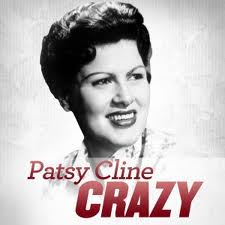 |
| That's quite a lot of bacon! |
You would think that the banks would have the common decency to shut the "*@x!" up about credit unions when confronting press headlines like this:
"BANKS HIT BY $100 BN IN U.S. LEGAL SETTLEMENTS SINCE CRISIS"
(FRONT PAGE, FINANCIAL TIMES - 3/26/2014)
And the content of the article certainly didn't soften the blow any:
"Wall St. banks have paid out $100bn in U.S. legal settlements since the financial crisis, according to an FT study of 200 fines and restitutions since 2007. Just over $52bn of the total was paid out in 2013. During stress tests last week, the Federal Reserve found the biggest banks could still face a further $151bn bill for operational risk, repurchasing soured mortgage bonds…"
But, nothing seems to humble their hubris even though….

























